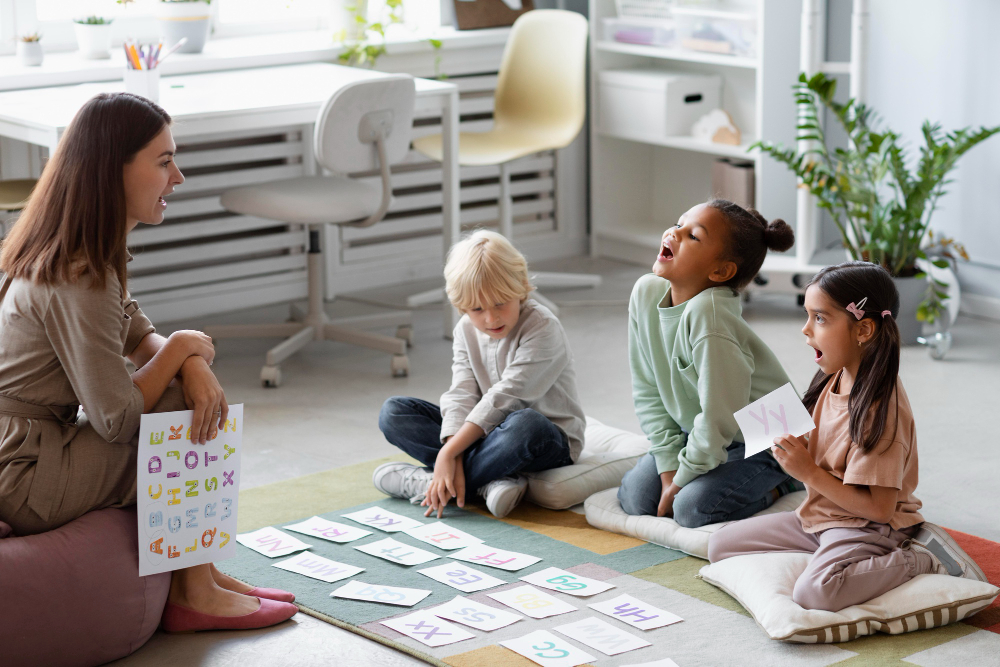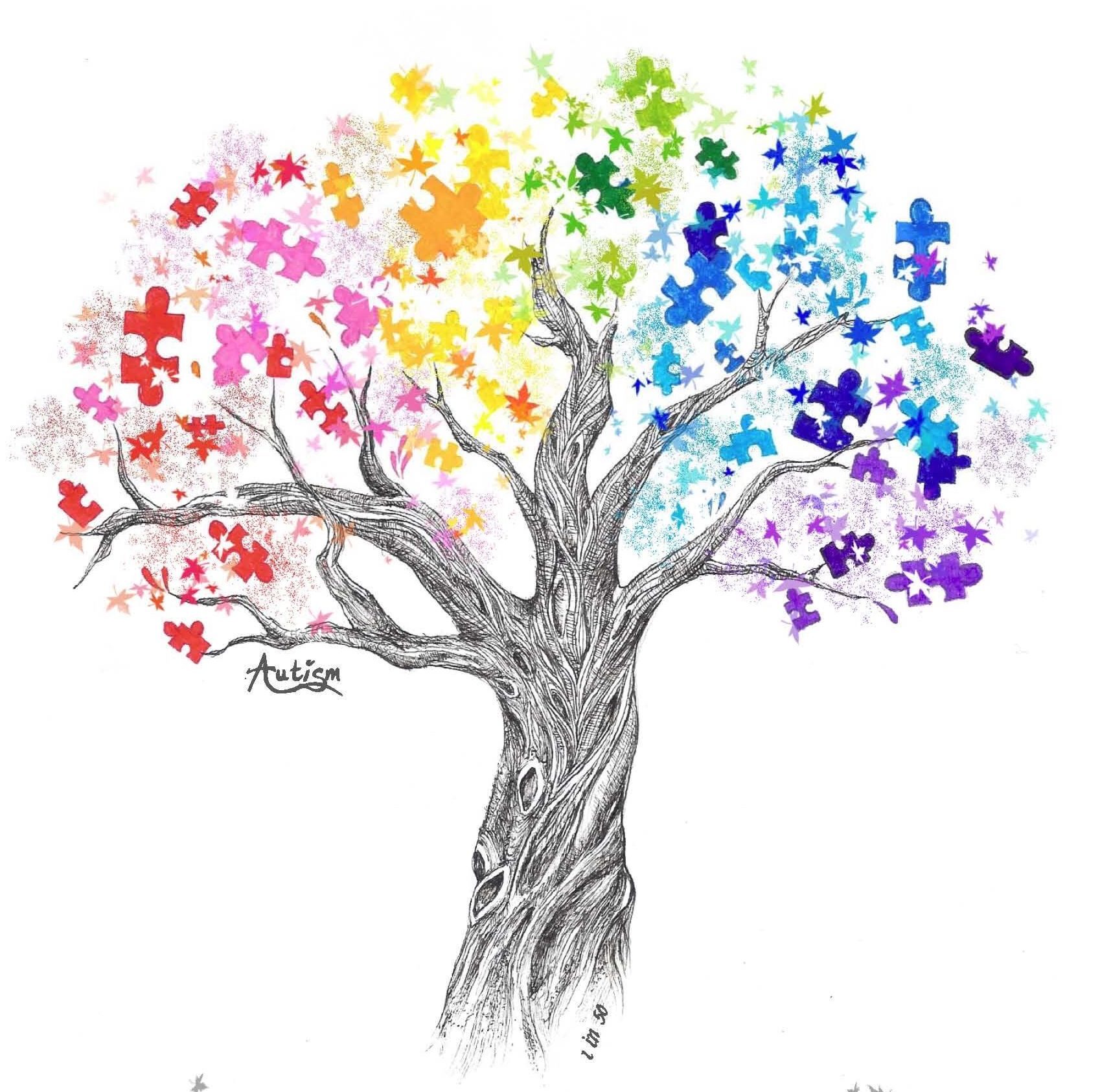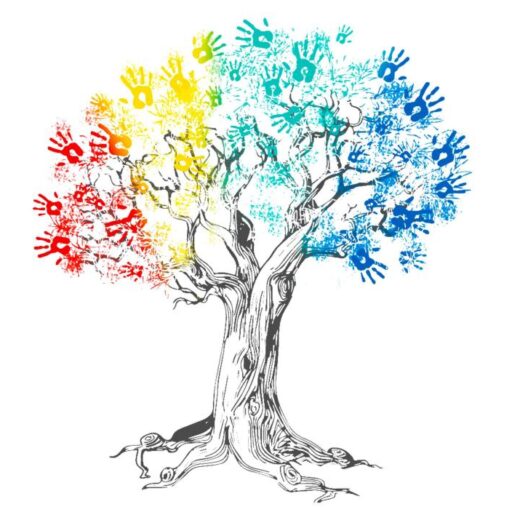Our Model
ABA Therapy
- Increase appropriate behavior
- Decrease inappropriate behavior
- Teach new skills
- Ensure new behaviors and skills maintain
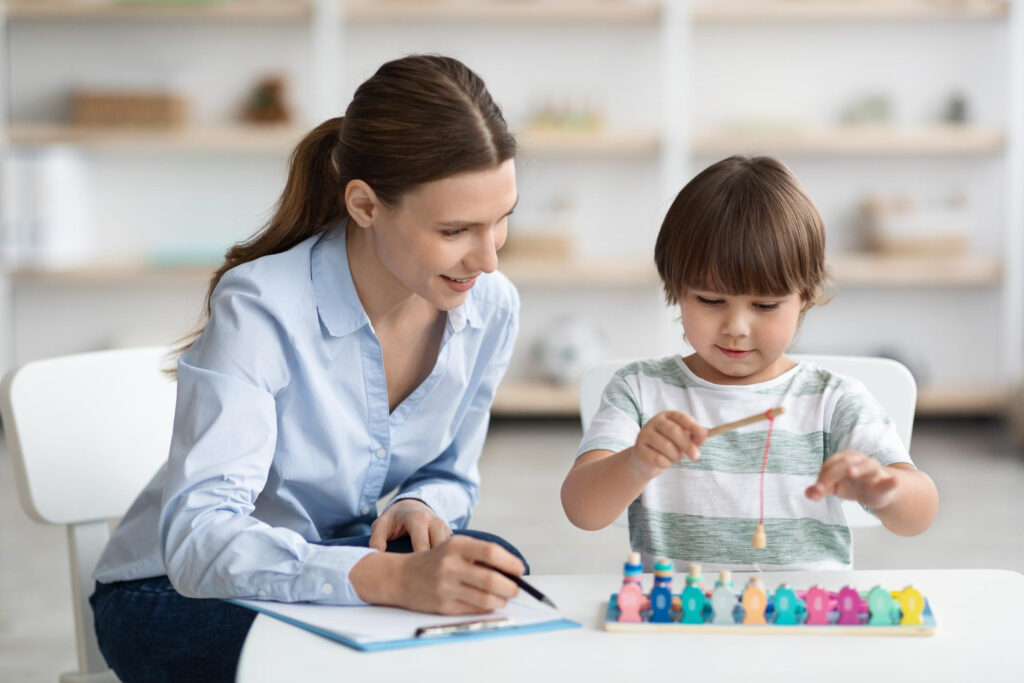
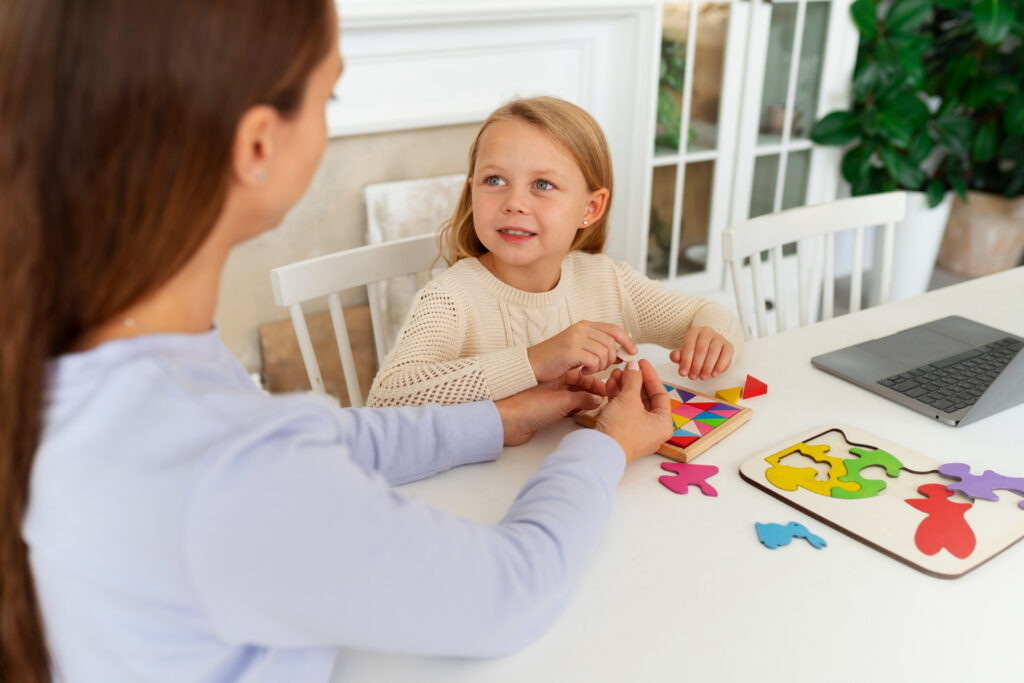
Assessments
An Applied Behavior Analysis (ABA) assessment is an important tool in providing a roadmap to goal formulation and treatment planning. ABA assessments measure skills across a vast range of domains, including motor imitation, language, visual perception, independent play, social play, linguistic structure, classroom and group skills, and other developmental disabilities. These assessments play a crucial role in planning the makeup of ABA support that will offer the best starting point to treat a child.
Language Development
Our Language Development program uses direct instruction, to facilitate language development. Professionals use multiple Applied Behavior Analysis approaches based the results of our individual assessments.
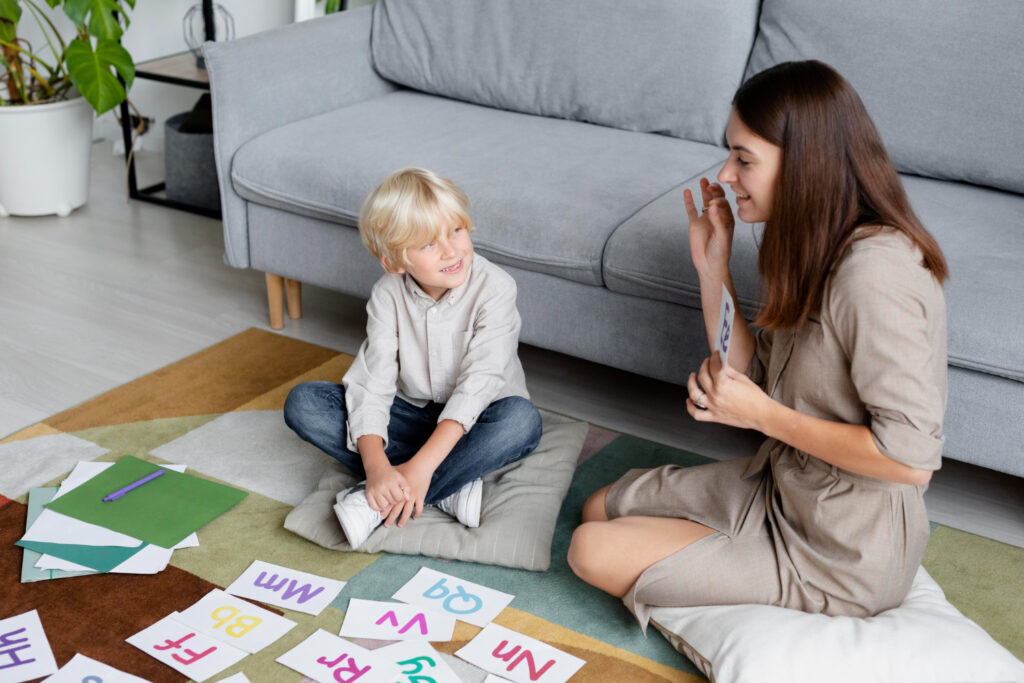
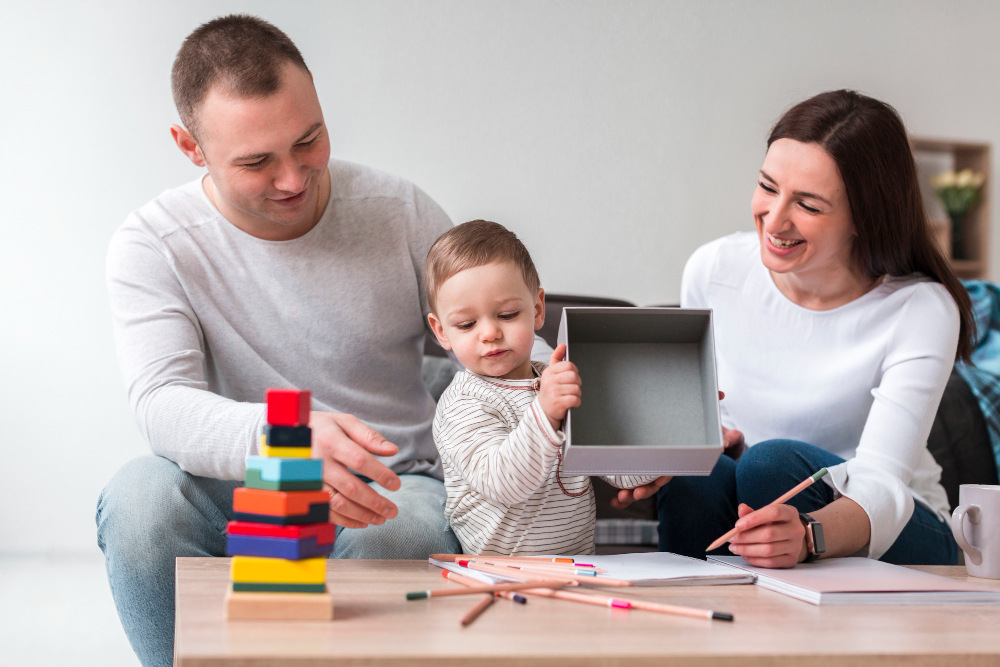
Parent Training
Parent training is an important part of ensuring a child’s consistent success at NBBS. It is required that parents and caregivers attend our individual and group parent training classes. Wherever and whenever you engage with your child, it’s essential for you to consistently use Applied Behavior Analysis techniques to help your child reach their full potential. The goal of our ABA parent training is to empower you with practical techniques that can make a difference in your child’s life and in your family’s overall well-being.
Social Skill Training
Does your child find it difficult to interact with their Peers? Do they struggle to make friends? Do they often play alone? Children with autism and other developmental delays often need help learning how to connect with their peers and build meaningful relationships. NBBS helps them to learn to interact with others and develop the necessary skills to maximize interaction opportunities for children in clinic, school, and home settings.
Children learn social skills directly from our degreed ABA therapists, as well as through the natural course of cooperating and interacting with one another. The approach will also teach children how to respond appropriately to a group leader, which simulates a teacher/classroom setting.
